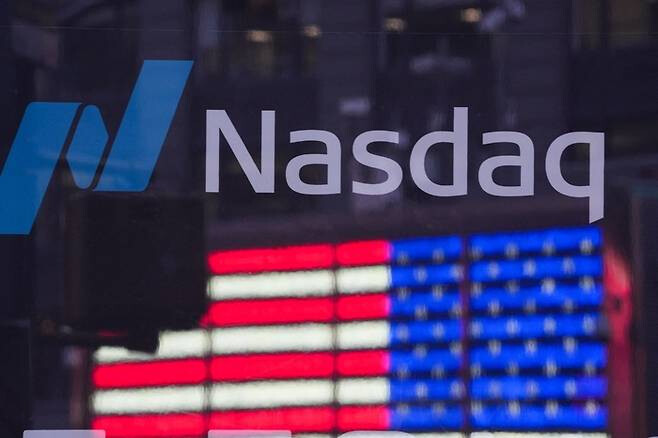
Nasdaq, a symbol of American venture capital, is significantly raising the bar for Chinese companies seeking to list. This move is seen as a measure to protect investors and ensure market integrity, following a series of incidents where small Chinese companies' stock prices have experienced extreme volatility, causing losses for investors.
New Special Rules and Higher Offering Requirements for Chinese Companies
Nasdaq is revamping its listing rules for companies preparing for a small-scale initial public offering (IPO) and has introduced special requirements specifically for Chinese companies. While previously applying the same standards as for other companies, Chinese firms seeking a new Nasdaq listing will now be required to raise a minimum of $25 million in public offerings. This is a special rule that does not apply to companies from other countries.
In addition, Nasdaq has also tightened its overall listing standards. The minimum market capitalization for publicly traded shares (freely tradable stocks) required for a Nasdaq listing will be tripled from $5 million to $15 million. Companies with a market capitalization below $5 million will face an accelerated delisting process. These rule changes are currently awaiting approval from the U.S. Securities and Exchange Commission (SEC).
Spreading 'Pump and Dump' Concerns Due to Repeated Abnormal Fluctuations
In recent years, most companies from mainland China listing on U.S. stock exchanges have been small firms. The average IPO size for Chinese companies, which was around $300 million in 2021, plummeted to $50 million in 2024. This increase in small-scale listings has led to more frequent cases of abnormal stock price fluctuations.
For instance, Richencel Biosciences Holding, a traditional medicine company from Hong Kong, saw its stock price soar by 82,000% at one point despite having no revenue, only to crash later. Another small healthcare company, Peton Holdings, saw 90% of its market capitalization evaporate in just a few minutes. These phenomena are suspected to be linked to so-called 'Pump and Dump' schemes, where stock prices are artificially inflated before being sold at a high price to profit from the difference.
Nasdaq stated that this regulatory tightening is a proactive measure to counter these abnormal trading patterns, such as 'Pump and Dump' scams. This can be interpreted as Nasdaq's commitment to protecting investors and restoring market confidence.
Chinese Companies Accelerate U.S. Listing Amidst Tense U.S.-China Relations
According to a report by the U.S.-China Economic and Security Review Commission, there are over 280 Chinese companies listed on Nasdaq and the New York Stock Exchange (NYSE), with a total market capitalization of $1.1 trillion. Despite the ongoing political and economic tensions between the U.S. and China, Chinese companies continue to pursue listings on U.S. exchanges to escape strict domestic regulations and gain better corporate valuations. According to Reuters, a record number of Chinese companies are preparing for U.S. listings this year as well.
In this context, Nasdaq's strengthened regulations can be interpreted not merely as a measure to protect investors, but also as a move to reinforce the regulatory power of the U.S. financial market within the broader U.S.-China economic competition. The future will show how changes in the relationship between the two countries and Nasdaq's regulatory actions will impact Chinese companies' access to the U.S. stock market.
[Copyright (c) Global Economic Times. All Rights Reserved.]






























